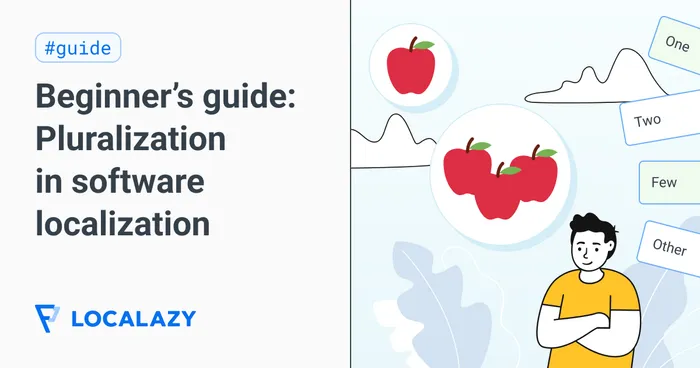Variable
A text element that represents a value in programming and localization contexts.
In programming and localization, a variable is a named storage location that holds a value or data. It can hold different values throughout the execution of a program or process, allowing for dynamic content manipulation. The value stored in a variable can change during runtime, hence the term.
Variables are important in localization because they serve as placeholders that allow text and content to change based on user preferences, locale, or other contextual factors. In localization workflows, variables enable software to display appropriate content for different languages and regions without modifying the underlying code. For example, a variable might contain a user’s preferred language setting, which the system then uses to display interface elements in that language.
In the context of translation and localization, variables often represent dynamic content such as product names, dates, version numbers, or user information that needs to remain consistent across all language versions. Proper management of variables ensures that localized content appears correctly regardless of language-specific grammatical rules or formatting requirements.
Variables can represent various data types, including strings (text), integers (whole numbers), floating-point numbers (decimals), Booleans (true/false values), and complex objects. This versatility makes them essential tools in both programming and localization workflows.
🔤 Some characteristics of variables: #️⃣
- Proper naming conventions improve code readability and maintainability.
- They are essential in programming languages such as JavaScript, Python, and C++.
- Variables enhance the localization process by accommodating user-specific settings.
- Variables have a defined scope (global or local) that determines where they can be accessed.
- They allow for dynamic content generation, making applications more interactive and adaptable.
- Variables must be declared with a name and data type before they can be used (in most programming languages).


